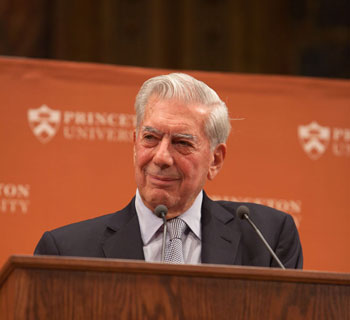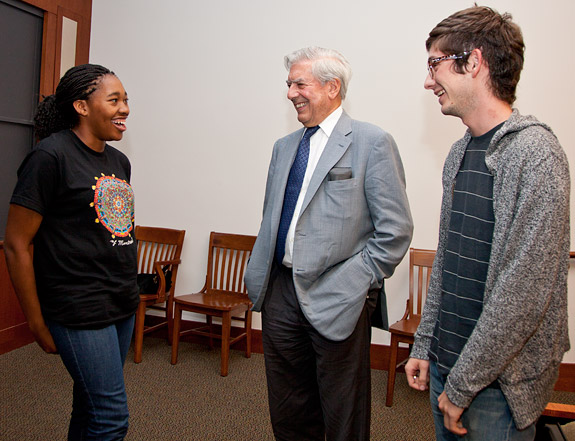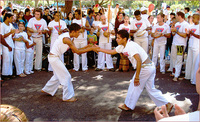Dear Program in Latin American Studies,
As a rising junior in the anthropology department, I was able to do an internship in Rio de Janeiro with the Fulbright Commission/Education USA because of PLAS’ gracious funding towards my expenses to travel there. This internship completely changed my mind about study abroad and widened the scope of my intellectual interests at Princeton. I want to personally thank the PLAS for giving me this opportunity and allowing me to have this wonderful experience.
I chose this particular internship because I have always been interested in education and education policy, especially associated with underprivileged students in urban environments. I am also getting a certificate in the Latin American Studies department and my academic interests have included many topics in Latin America. This particular internship seemed to fit not only my academic interests but also many passions I have for my future goals. The Fulbright Commission serves as a type of college counseling for Brazilian students who wish to study in the U.S. As an intern for them, I had many projects assigned to me ranging from basic office work to researching educational programs and providing advice from my experience from attending a university in the U.S.



